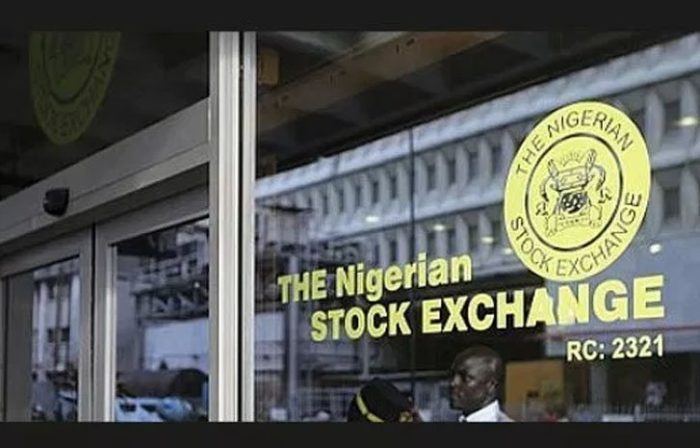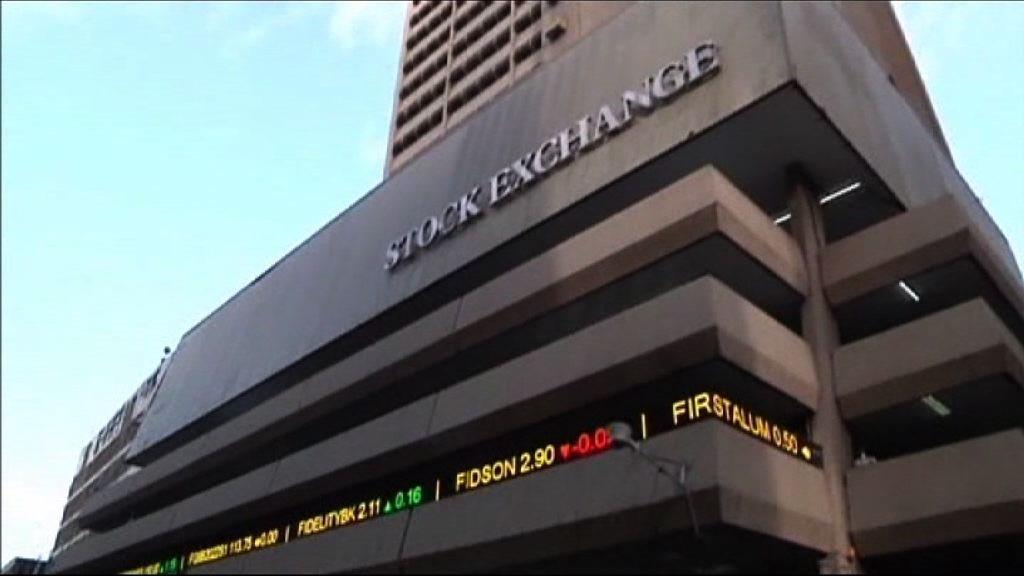There are indications that the Nigerian Stock Exchange (NSE) may trigger its index circuit breaker if the stock market continues to plunge, in order to protect investors.
A leading investor told newsmen that given the free-fall the market was experiencing, the NSE might be convinced to trigger circuit breaker, which is a trading halt used to guard against sharp fluctuations on the market.
The market, which had started 2020 on positive note, gaining 7.5 per cent in the first month, has remained bearish since the second month, shedding 9.1 per cent.
The market dipped further by 1.2 per cent on the first trading day of March, pushing the Nigerian Stock Exchange (NSE) All-Share Index (ASI) below the 26,000 threshold to close at 25,816.57 on Monday. The year-to-date (YTD) decline stood at 3.8 per cent as at Monday, with apprehension of further fall in the days to come.
In 2016, the NSE amended its circuit breaker rule, saying it would be triggered during periods of extraordinary volatility in the equities market in order to maintain an orderly market, and to allow liquidity to re-aggregate.
The NSE had set the threshold at five per cent for the first trigger and a further five per cent for the second trigger in the same direction. According to the exchange, the purpose is to dampen extraordinary volatility swings on market prices by providing time to restore equilibrium between buyers and sellers.
“It has the objective of dampening both market upswings and market downswings, and will complement the price limits on individual stocks already in place. “The exchange, through the Index Circuit Breaker Rule, seeks to promote just and equitable principles of trade, remove impediments to and improve the mechanism of a free and open market; and protect investors and the public interest,” the exchanged had explained.
A stockbroker and Managing Director of Network Capital Limited, Mr. Oluropo Dada, had said the decline in the oil price was raising fears of possible devaluation of the naira, a development he said was making some investors to take flight to safety.
“The implication of this is that if the trend continues, devaluation of the naira may become a reality. In this circumstance, every investor will be looking for a safety net which the stock market does not appear to guarantee for now. However, the market is capable of correcting itself and the losses will be regained,” Dada said.
Similarly, a Senior Equity Research Analyst at Cordros Capital, Mustapha Wahab, said weak earnings releases were concern for many investors and contributing to the bear run.
“The continued tight string of the CBN on banks remained a cause for concern for investors. That is why both domestic and foreign investors are now keeping naira risk assets at arm’s length. Irrespective of the liquidity in the system, we suspect that most portfolio managers will continue to seek safety before return and until we see market-friendly policies from the federal government, we don’t not think the bears are done,” Wahab had said.
Circuit breakers were designed to give the market an opportunity to take a break and adjust to all available information before re-opening the market. They provide protection against excessive volatility during continuous trading sessions of the market.

 Entertainment1 week ago
Entertainment1 week ago
 Entertainment5 days ago
Entertainment5 days ago
 Comments and Issues1 week ago
Comments and Issues1 week ago
 Comments and Issues1 week ago
Comments and Issues1 week ago
 Comments and Issues1 week ago
Comments and Issues1 week ago
 Health7 days ago
Health7 days ago
 Health3 days ago
Health3 days ago
 Football7 days ago
Football7 days ago



